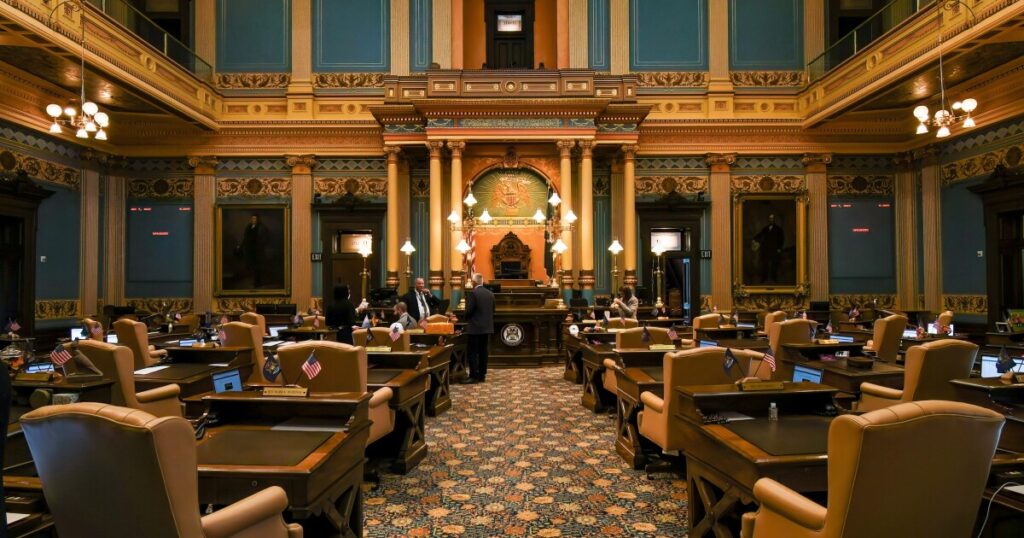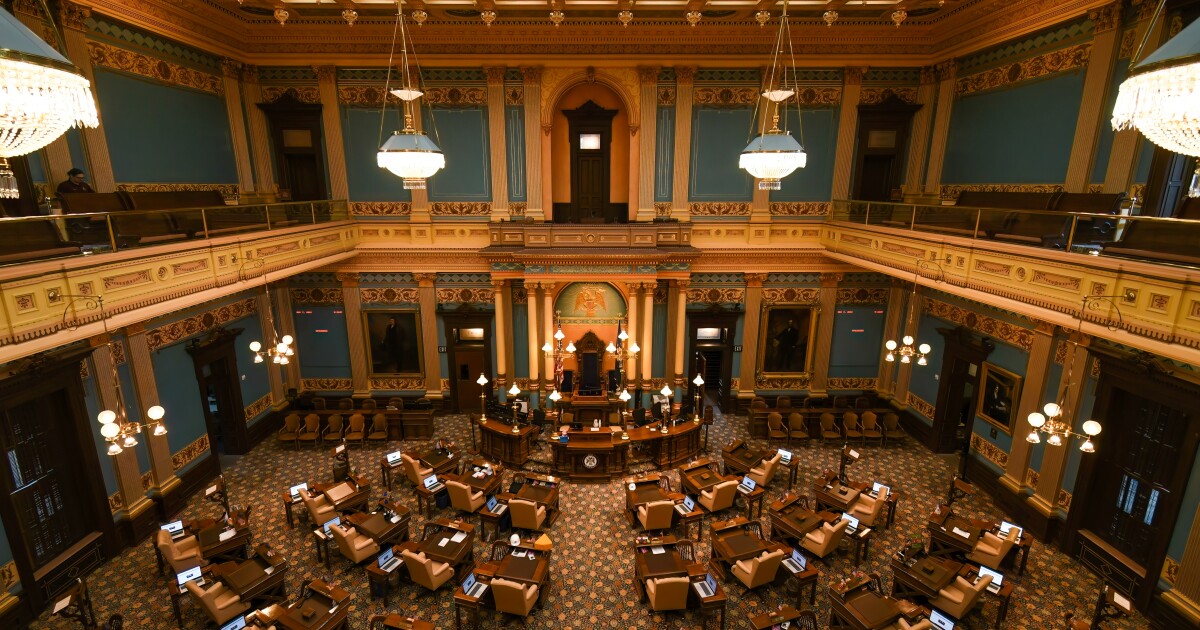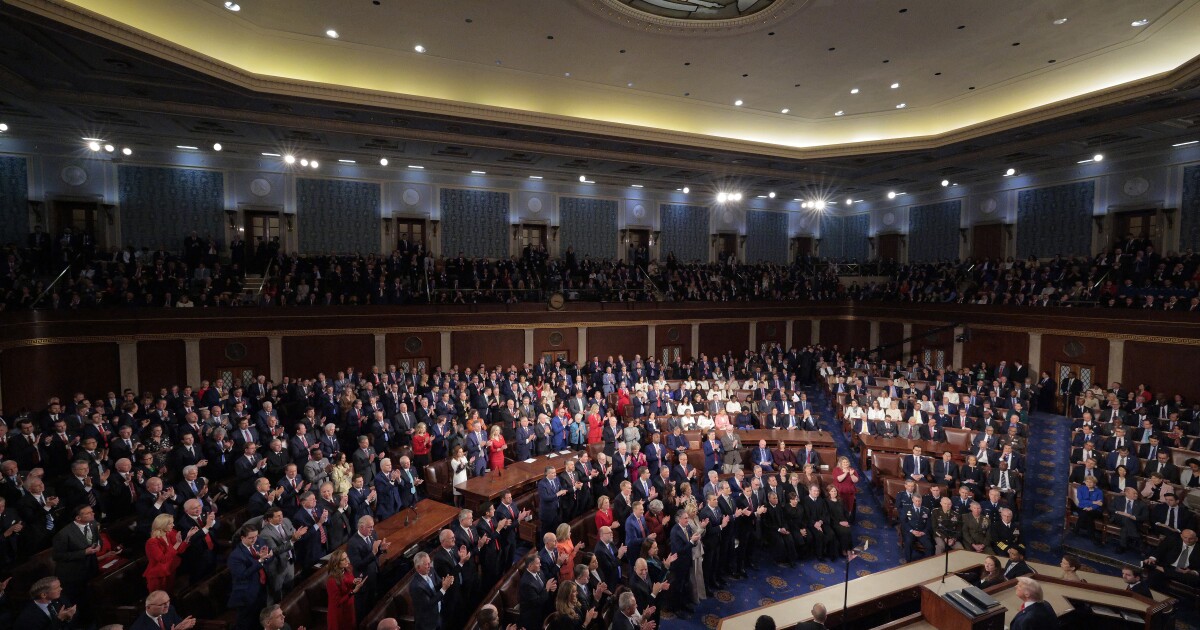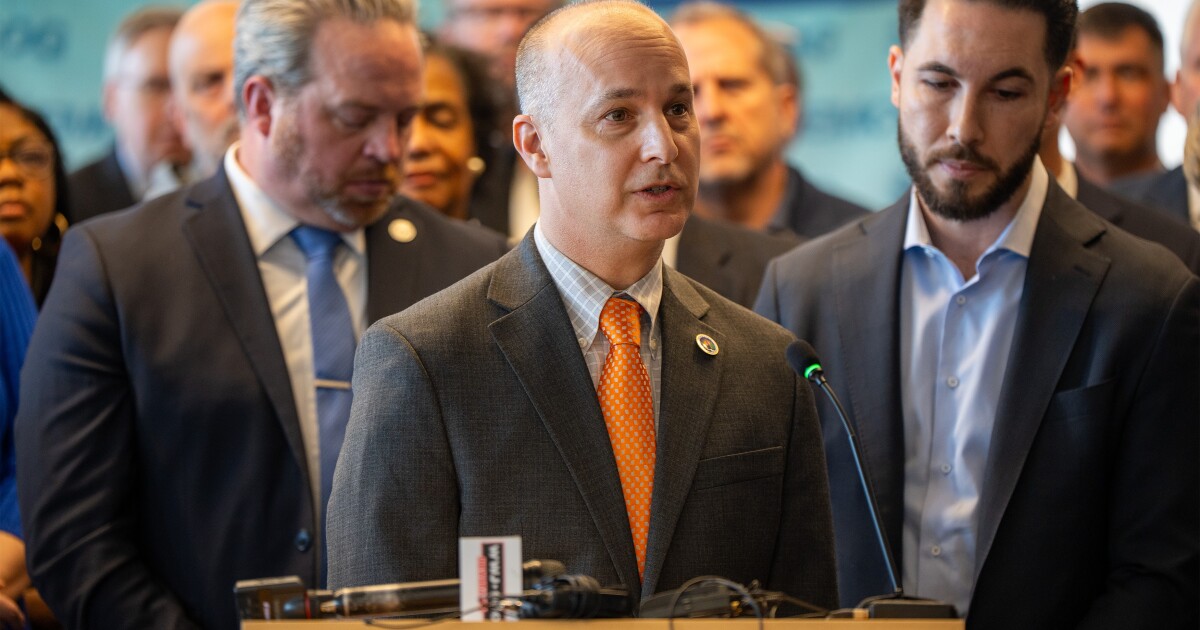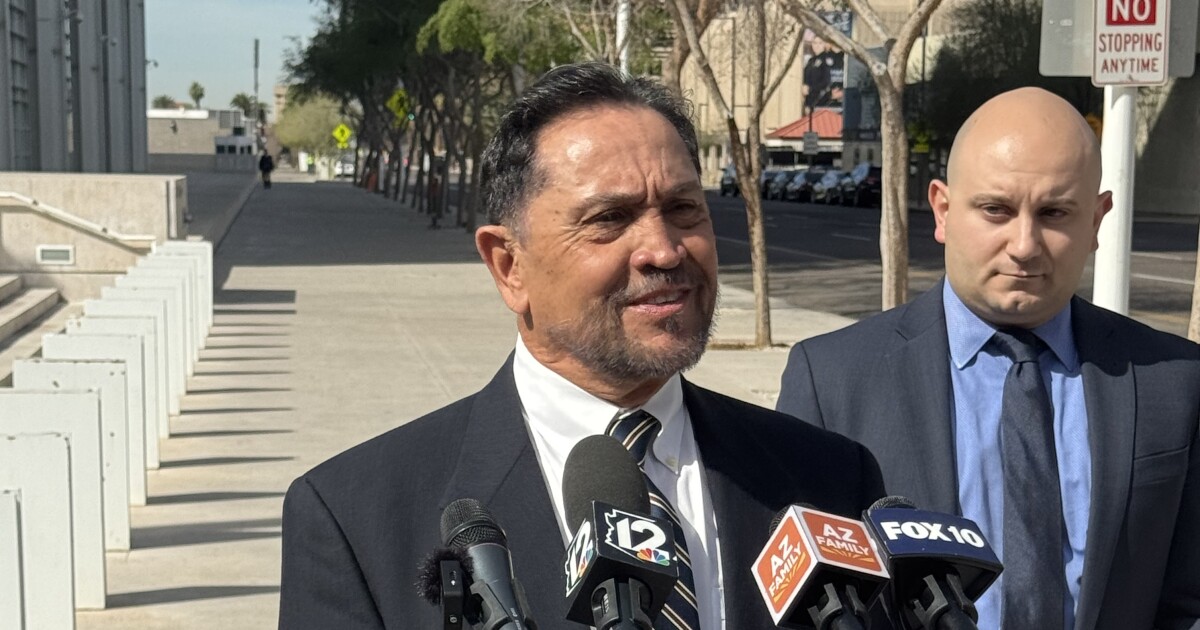Michigan Senate Moves Towards Greater Transparency in Budget Earmarks
Efforts to introduce more transparency in Michigan’s budgetary process are gaining momentum as new bills aimed at clarifying budget earmarks progress towards a full state Senate vote. The legislative package, which successfully passed through committee on Tuesday, is designed to bring more openness to the budgetary proceedings by mandating public disclosure and hearings for special spending requests.
Senate Appropriations Committee Chair Sarah Anthony (D-Lansing) emphasized the significance of the bills, highlighting their role in enhancing public trust and modernizing the budget process. “These bills represent a significant step forward in modernizing our budget process, reinforcing the public trust, and ensuring that legislatively directed spending items are more transparent and responsible,” Anthony stated during the committee hearing.
The proposed legislation also forms part of a compromise reached during the latest state budget negotiations. However, not all aspects of the bills are without controversy. Some concerns have been raised regarding the absence of a concrete deadline for earmark submissions and a prohibition on awarding earmarks to for-profit companies.
Senator John Damoose (R-Harbor Springs) expressed his opposition to the exclusion of for-profit entities, suggesting that they also contribute positively to community efforts. “Sometimes for-profit companies do great work. I mean, we support them,” Damoose remarked. Representative Tom Kuntz (R-Clare), a cosponsor of the package, echoed this sentiment, while Anthony acknowledged the point but pointed to the transparency requirements already in place for nonprofits as a reason for the initial focus.
Senator Jeff Irwin (D-Ann Arbor) voiced additional concerns, fearing that the legislation might distract from other essential transparency reforms, such as extending open-records laws to the Legislature and governor’s office. Irwin also worried that the bills might hinder lawmakers’ constitutional prerogative to amend the budget and potentially delay the submission of budget proposals.
“I think this legislation is well intentioned but hastily crafted. And if it can be fixed to solve the constitutional problems and to make it an asset to the budget process, I think that would be great because we definitely want and need more transparency,” Irwin commented in an interview.
Despite these concerns, proponents of the legislation argue that it includes measures to allocate funds for emergencies and allows for supplemental spending bills when necessary. However, Irwin remains skeptical about the reliability of these provisions.
Initially, a part of the legislative package was slated for a Senate floor vote on Tuesday, but the bills did not appear on the agenda.
“`
—
Read More Michigan News

